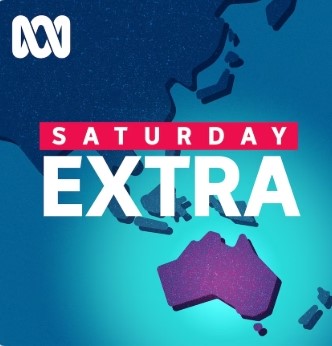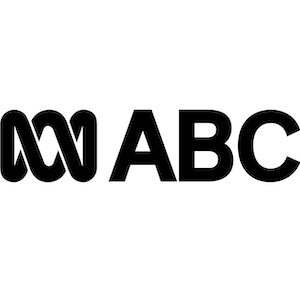September 12, 2017
The arrival of 16 million same-sex Marriage Law Survey forms in post boxes from today is more than just a historic moment in the campaign for marriage equality.
It is also the first time in 18 years that Australian voters have been given the chance to “vote” directly on an issue — rather than elect a parliamentarian to make decisions on their behalf. For the record, that is the longest period Australia has ever gone without having had a national referendum, plebiscite vote or even an ABS issue survey. The last was the failed republic vote in 1999.
Jokes have been made about the online generation not knowing how to post their marriage survey response in a traditional mailbox. But the fact is that no one under the age of 35 has ever cast a direct vote in an Australian referendum or plebiscite.
It wasn’t always that way. Australians once were given far more opportunities to have a direct vote in constitutional reform referendums and matters of public importance plebiscites.
Some momentous issues have been resolved through a direct national vote: conscription (1916 and 1917), federal power over social services and pensions (1946), including Aboriginal Australians in the census (1967), the adoption of Advance Australia Fair as the national song (1977) or whether we should become a republic (1999).
In Victoria, we had a plebiscite about religion in schools in 1904 and closing times for hotels and bars in 1956. In other states people have had a direct vote on daylight saving, casinos, liquor sales, the electoral system, shopping hours and local government.
To be sure, we live in a representative democracy. It is a feature of our system of government that laws and major policy proposals are determined by our elected representatives through debate and deliberation in parliament. But since Federation, Australia has held a national referendum or plebiscite on average every six years — it’s now been three times longer since we last had such a vote.
The fact that we don’t even try anymore is yet another measure of the decline in our democracy and the ossification of the political system — and how disengaged and complacent we have become.
In America, they regularly have referendums at election time. In last year’s presidential election, Massachusetts voted on four policy issues. Two passed, one of which included support to legalise the recreational use of marijuana.
History has proven that referendums are hard to win. Of the 44 held, only eight have passed. The Founding Fathers, rightly, made it hard by requiring a majority of the population and a majority of the states to pass.
That means that in order to be successful, a referendum must have something close to bipartisan support, the issue must enjoy popular ownership by the public and be supported by well-run education campaigns. There is also no guarantee that a referendum process will guarantee the best outcome. The wisdom of the UK’s Brexit vote remains to be proven, while California has crippled its budget through “citizen-initiated” referendums that limit taxation while mandating set levels of expenditure in certain areas.
But a well designed referendum or plebiscite process, involving parliament and citizen juries, can avoid the pitfalls of California while giving people more of a say on some big issues.
Australia would surely benefit from a referendum on indigenous recognition in the Constitution — and we appear to be grinding towards that result. Our system could also benefit from a referendum on fixed (three- or four-year) terms for both Houses of parliament, constitutional recognition of local government and the ability of the states and the Commonwealth to voluntarily refer powers to each other — and, of course, the republic.
THERE are also a range of social issues where nervous legislators have been reluctant to move and a plebiscite might offer a way forward: voluntary euthanasia, safe injecting rooms in the health system and decriminalisation of marijuana.
Appropriate checks and balances would need be put in place around those votes. For example, the process of holding the vote must be approved by parliament and a citizen jury should review the proposition and provide a recommendation to voters. If the plebiscite or referendum vote were held at the same time as the general election, the additional cost would be minimal.
Few Australians believe our system is perfect. So why have we given up on reform? Just because it is hard to succeed at a referendum does not mean that we shouldn’t try. At the very least we should force ourselves to ask the question: how do we make our country and our political system better? Giving people a direct vote in a referendum or plebiscite at election time is one way to keep modernising and moving our young nation forward.
Nicholas Reece is a principal fellow at the University of Melbourne and host of Politics HQ on Sky News




